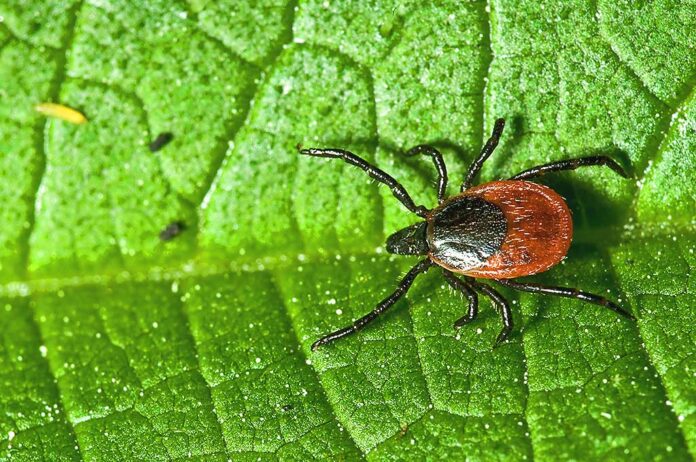Fleas and ticks are more than just a nuisance. They carry diseases that can affect both pets and people, and here in Oregon, cases of tick-borne illness are on the rise. With our mild, damp climate, these pests thrive year-round, making prevention an essential part of keeping your pets and your family healthy.
The Growing Concern in Oregon
Recent reports have shown that Oregon now ranks among the top 20 states for tick-borne diseases. Local veterinarians, including us here at Nimbus Pet Hospital, are seeing more cases of Lyme disease, anaplasmosis, and other infections than ever before. Ticks are expanding their habitat, moving into both rural and urban areas, and can be found not only in the forest but also on neighborhood trails and grassy backyards.
Fleas are equally persistent in the Pacific Northwest. Once they find their way inside, they can multiply quickly and are notoriously difficult to eliminate. Fleas can transmit tapeworms, cat scratch fever, plague, and other diseases, and they can trigger allergic skin reactions that cause severe itching and discomfort in pets.
Why Prevention is Essential
Preventing fleas and ticks is not only better for your pet’s comfort but also for the entire family’s well-being. Both pests can bite humans, and elderly family members and children are particularly vulnerable to their effects. The best way to protect everyone in the home is to keep pets on consistent, veterinarian-approved flea and tick prevention.
There are many misconceptions online about the safety of flea and tick medications, but decades of research have shown that these preventatives are extremely safe when prescribed under veterinary guidance. Modern products undergo rigorous safety testing before approval and are designed to target parasites without harming pets. In fact, the risk of side effects from these medications is far lower than the risks posed by the diseases and infestations they prevent. For pets with specific health histories, such as seizure disorders or allergies, your veterinarian can tailor recommendations to ensure the safest and most effective option.
Fleas and Ticks Are Not Just a Summer Problem
Because of Oregon’s mild winters and wet weather, fleas and ticks remain active even in the colder months. This is why year-round protection is recommended. Stopping treatment in the winter often leads to new infestations as soon as temperatures rise again, and by that point, it can take months to get things under control.
Choosing the Right Prevention Plan
The right product depends on your pet’s lifestyle and health history. Oral medications, topical treatments, and collars are all available, and your veterinarian can guide you on the most appropriate option. For some families, all-in-one preventatives that also cover heartworm and intestinal parasites can simplify things even further.
Keeping Your Pets (and Family) Safe
Prevention is far easier and less stressful than trying to treat an infestation or disease after the fact. Protecting your pets from fleas and ticks helps ensure a healthier home and a happier life for everyone under your roof.
For more information on flea and tick prevention and other veterinary care services, visit www.nimbuspet.com.


























